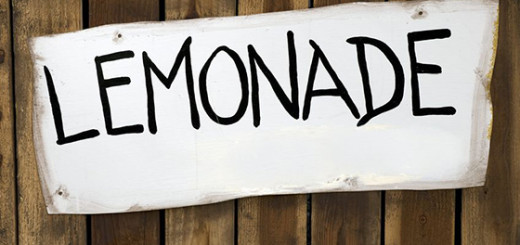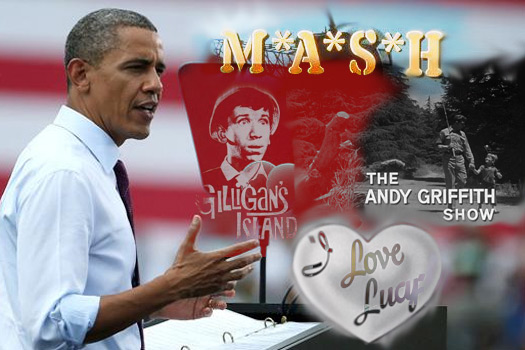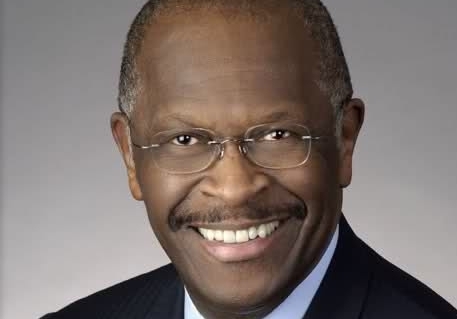Wealth must be created in order to be consumed.

Click here to listen to the broadcast of You Tell Me on KTBB AM & FM, Friday, Feb. 11, 2011.
In his first State of the Union message in January 1964, barely a month after taking over the unexpired term of President Kennedy, Lyndon Johnson launched what he called the War on Poverty. In his speech he called for, “an unconditional war on poverty in America,” and pledging not to rest until the “war is won.”
The legislation that resulted eight months later, know as the Economic Opportunity Act of 1964, either created or vastly expanded such government programs as Head Start, Volunteers in Service to America, a.k.a. VISTA, Medicare, Medicaid and Aid to Families with Dependent Children, which is known colloquially as “welfare.”
At the time of LBJ’s proposal of the War on Poverty, the poverty rate stood at approximately 20 percent. Today, using census data from 2008, the rate stands at approximately 13.2 percent.
“Hooray,” I hear you shouting. That’s a 34 percent decrease. It looks like the War on Poverty worked.
I’m not so sure. How can you separate the facts that the War on Poverty programs that were authorized in 1964 and started coming on line in 1965 are entirely coincidental to one of the greatest sustained economic expansions in history. How much of the decline in poverty is attributable to America’s rise in success? And how many, in an economy that was producing vast amounts of wealth, would have found a way out of the ghetto and gone on to lead productive, prosperous lives even if there had never been a War on Poverty?
Further – and this is a key point – as opposed of those that succeeded either with or without help from the War on Poverty, how many have been made irretrievably dependent on government handouts in order to survive? How many otherwise able men and women are now permanently enslaved by dependency on an alphabet soup of government programs and agencies? For how many has the animal spirit and survival instinct been subsumed by well-meaning but soul-destroying handouts from the government?
At the time that the War on Poverty was launched, the U.S. economy was producing so much in goods and services that an arrogant belief in the power to completely wipe out poverty, however misguided and unlikely, could actually be held. The economy was so successful that it afforded such liberal conceits. In 1964, all but the abjectly poor were producing more in economic output than they were consuming
Today, such is no longer the case. For all intents and purposes, the United States is insolvent, unable to meet even its basic operating expenses without borrowing money from (often hostile) foreign powers.
America today is not creating sufficient wealth to support the idea that every high school kid is entitled to a college education, that every adult is entitled to an easy path to home ownership and that everyone should be able to get whatever is needed from the doctor with little to no out-of-pocket expense.
But expectations of all three have become deeply entrenched, thanks in no small part to the conceits first evidenced by the War on Poverty. We have become convinced that we can live on wealth without the bother and sacrifice of actually producing wealth.
Anyone who so chooses can live for a time as if he or she is wealthy. But for how long? Time is the critical variable and it is not on America’s side.
Until we are again a nation of producers of wealth as opposed to consumers of wealth, a terrible day of reckoning will come ever closer until finally, it is too late.








I don’t mind helping people who want to help themselves make a better life for themselves and their families. But welfare has become a way of life for many generations of people…a cycle of dependence on the government for their very existence, instead of being the hand up it was intended to be. Such is the “help” of the government. It has been proven, in time, to be pouring money down a rat hole. There is still abject poverty here in the United States and will remain so until we restructure the system now in place. I think that a whole dismantling of the system needs to take place. Of course, this would raise all kinds of objections, but sometimes you have to bite the bullet and do what is right and necessary. This Country was not founded for or by people dependant upon the government. INDEPENDENCE has been the motto. We need to put back that independant spirit by making people LESS dependant on government and more dependant upon themselves for their livelihood…actually giving them a “hand up” instead of the hand out that has been going on. It not only would be a blessing, but it would stop the corruption within the system we have today and save us billions of dollars every year. Money that could be invested in MAKING jobs, which is the key to unlocking the poverty state we now have.